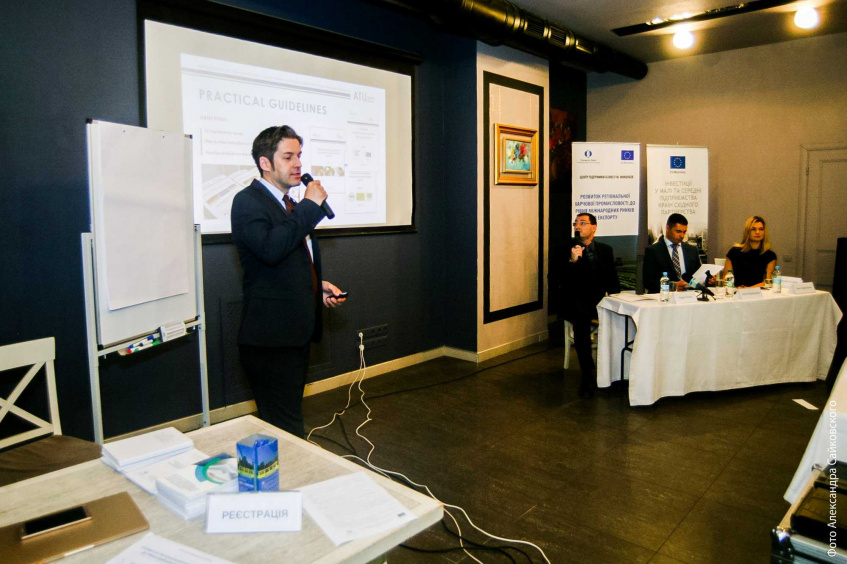
Belarus has started work on its National Sustainable Development Strategy to 2035, with the first meeting of the public council for monitoring and assessment of sustainable development, hosted by the Research Institute of Economy at the Economy Ministry.
The consultative body has been set to develop the long-term objectives and priorities for socio-economic development in Belarus, which will form the basis of the National Sustainable Development Strategy through 2035.
Economy Minister Vladimir Zinovsky described the meeting as a starting point for work on the National Sustainable Development Strategy. “We decided to start with the implementation of the United Nations sustainable development goals. To achieve them, Belarus has established a national system of indicators. This extensive work has been carried out by the council for sustainable development,” the minister said.
The minister outlined three primary goals for the public council. The first is to assess the current sustainable development strategy. The second is to work out national priorities and development goals through 2035, and determine sustainable development measures for Belarus. The third one is to develop a national strategy.
The minister expressed the hope that the public council would serve as a link between government and civil society in consolidating the efforts of the state, business and society in shaping the country's future.
“Following the principles of sustainability, we cannot view ourselves as a separately existing state. Global trends affect every civilized state. Our number one goal is to be part of the sustainability trend. The state's policy is aimed at improving the wellbeing of every person, promoting comfortable living conditions and, of course, developing the economic basis. This means manufacturing enterprises, jobs and decent salaries,” Minister Zinovsky said.
The EU4Business programme has set up a number of initiatives in Belarus to support enterprise and sustainable growth. EU funding, channelled through EU4Business, focuses on improving access to finance and foreign markets, building business skills and encouraging entrepreneurship.